Books of 2017
Let me end the year by linking to a number of long reads,
really long reads—they are called books. Perhaps you will find one or two here to put on your 2018 reading
list.
I begin by noting the considered judgment of a number of
people who helped us choose the best Christian books of 2017. Their collective efforts resulted in the 2018 Christianity Today Book Awards. The books and the comments
speak for themselves.
Three nonfiction books that helped me think more clearly
about a number of issues this year are:
Jonathan Haidt, The Righteous Mind: Why Good People Are Divided by Politics and Religion. This helped me hack through the divisive rhetoric of our national conversation to appreciate that most people I deeply disagree with have sound moral foundations for their views. I still may disagree with their proposals, but I can no longer simply dismiss them as stupid or immoral. Arlie Russell Hochschild, Strangers in their Own Land: Anger and Mourning on the American Right. Hochschild took the trouble to get to know Tea Partiers in Louisiana and what motivates their politics. Hochschild is a true liberal in that she sought to sympathetically understand a group she seriously disagrees with. It's a model of charitable and frank engagement. Ta-Nehisi Coates, Between the World and Me. A powerful literary journey that gives one a glimpse into the frustration and rage of many African Americans. | ||
Classics
I'm with C. S. Lewis on the importance of reading
classics alongside contemporary works. I discovered or rediscovered that the following are called classics for a
reason:
Fyodor Dostoyevsky, Crime and Punishment. This is an amazing study of human character under stress, with one of the most redemptive scenes in literature I've read. John Steinbeck, East of Eden. I read it twice this year, once on audio, once via Kindle. As the Amazon page puts it, "A masterpiece of biblical scope. …" Willa Cather, Death Comes for the Archbishop and My Antonia. The first is set in the American Southwest, the second in Nebraska—in both, geography itself becomes a character. Neither novel seems to be going anywhere a lot of the time. But when I finished each, I was filled with both a pleasant wistfulness and a love for the characters. Solomon Northup, Twelve Years a Slave. A riveting account of a man kidnapped and sold into slavery in the Bayou Boeuf region of Louisiana. Aleksandr Solzhenitsyn, One Day in the Life of Ivan Denisovich. It narrates how a Russian prisoner, wrongfully convicted, endures life in a Siberian labor camp. Based, of course, on Solzhenitsyn's own experiences. John Bunyan, Pilgrim's Progress. The style feels dated today, but Bunyan still conveys the Augustinian angst about the human condition, as well as the temptations that seek to sidetrack us from the most important journey we must all take. | ||
Grace and peace,
| ||
| ||
Friday, December 29, 2017
Books of 2017 with Mark Galli
P.S. I must note how grateful I am for the kind comments I receive about The Galli Report,
as well as the patient critiques that have helped me think more deeply
about a host of issues. I appreciate your faithfulness as we try
together to think Christianly in these turbulent times.
Subscribe to:
Post Comments (Atom)





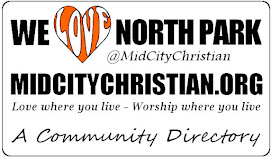



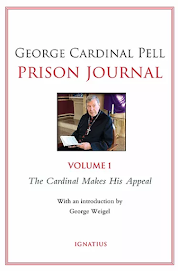

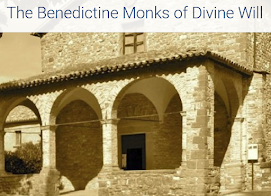


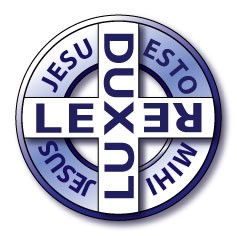

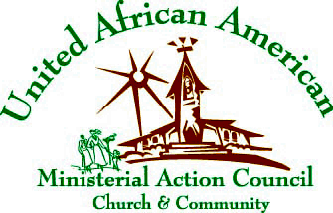

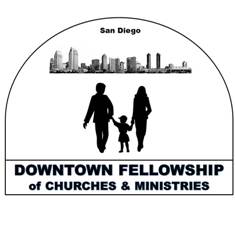




No comments:
Post a Comment